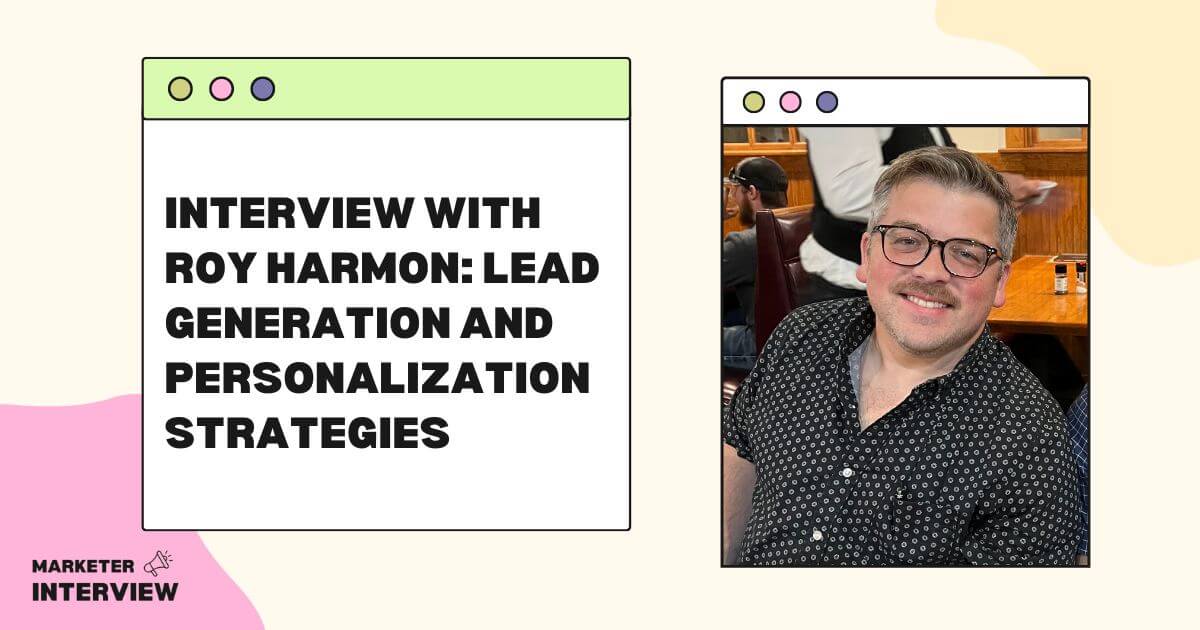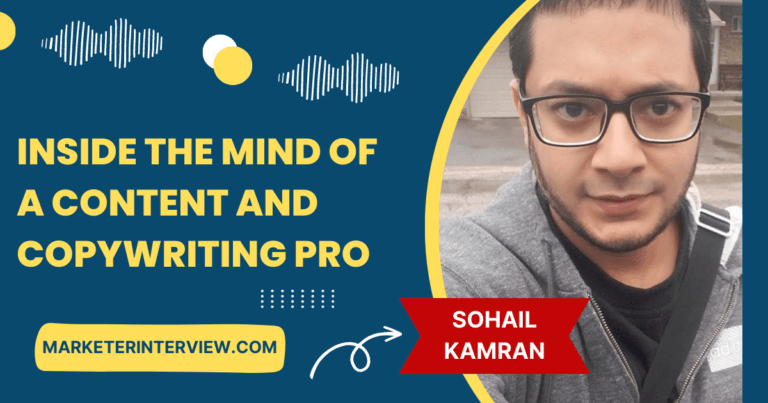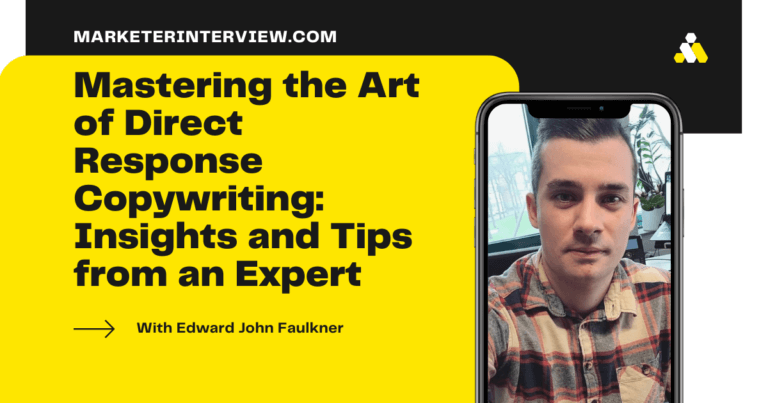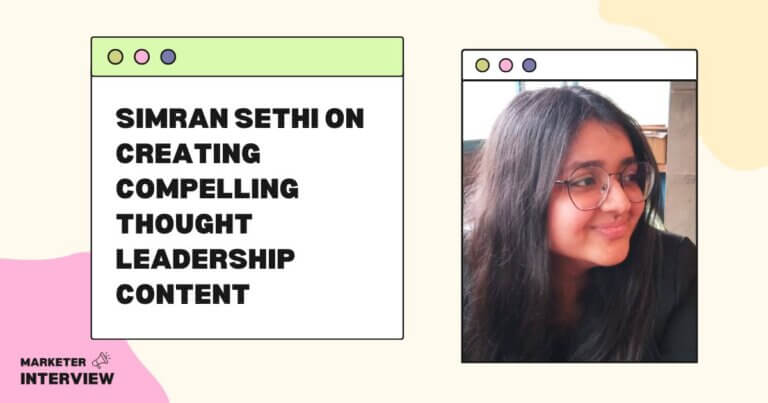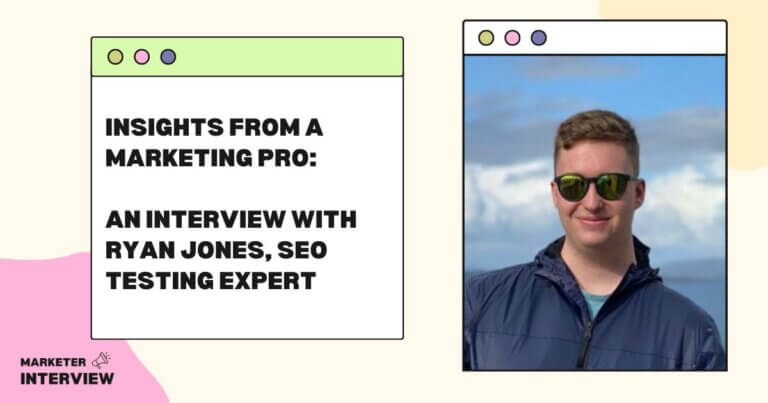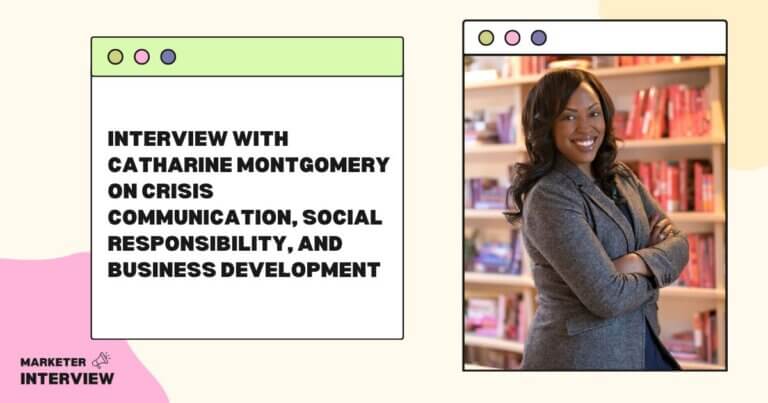Interview with Roy Harmon: Lead Generation and Personalization Strategies
In this interview, we speak with Roy Harmon, CMO at LeadPost, about lead generation, retargeting, personalization, and the role of AI in marketing.
Discover his top strategies for converting leads, measuring content marketing success, and developing successful campaigns.
Contents
- 1 How did you first get interested in marketing, and what inspired you to pursue it as a career?
- 2 As a CMO, what are some of the biggest challenges you face in generating leads, and how do you overcome them?
- 3 Can you share some of your top strategies for retargeting and converting leads into customers?
- 4 Personalization has become increasingly important in marketing. How do you approach personalization at LeadPost, and how has it impacted your business?
- 5 How do you measure the success of your content marketing efforts, and what metrics do you find most important to track?
- 6 How do you ensure your content is engaging and informative while effectively driving leads and sales?
- 7 What role do artificial intelligence and machine learning play in the future of marketing, particularly in lead generation and personalization?
- 8 Can you walk us through your team’s process for developing and implementing a successful marketing campaign?
- 9 What tools and software do you rely on to manage and analyze your marketing data, and how do they help you make informed decisions?
- 10 Finally, what advice would you give someone just starting in marketing, and what skills do you think are most important for success in this field?
How did you first get interested in marketing, and what inspired you to pursue it as a career?
Marketing runs in my family. My grandfather had an ad agency. He worked with brands like Corona. My mother is also in marketing. She’s worked with brands like Zaxby’s and Smoothie King. She was also the CMO at Ruby Tuesday.
Initially, I planned to be an attorney. While in law school, I got involved in political consulting and marketing for campaigns. After I graduated, I moved to DC, where I worked for some large nonprofits.
When my wife got pregnant with our first child, we moved back to South Carolina to be near our parents. And I decided to get out of politics and shift completely into marketing.
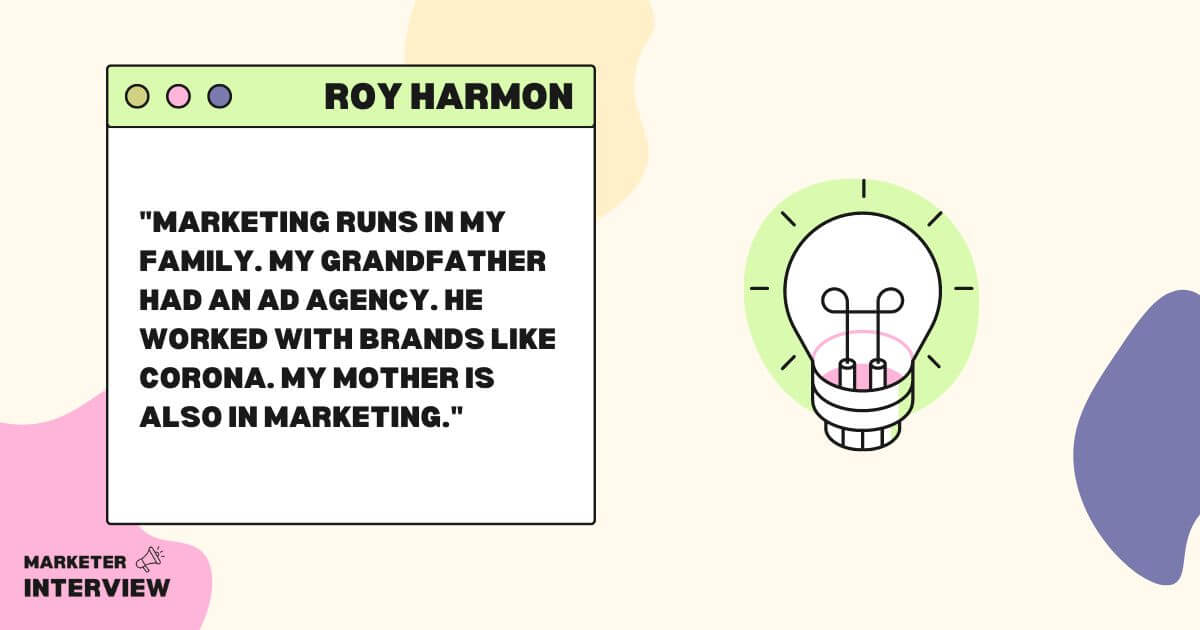
As a CMO, what are some of the biggest challenges you face in generating leads, and how do you overcome them?
Bounced traffic is one of the biggest challenges for lead generation. We use website visitor identification to find out who visited our website but didn’t convert. Then we retarget them by email, display, paid social, and direct mail.
The key is determining the different types of people buying from you. What are they looking for? How do they look for it? What questions and concerns will they have during their search?
Then, develop content that addresses those questions and concerns. Finally, segment your audience so you know who needs to hear what and deliver the right content to the right people.
Personalization has become increasingly important in marketing. How do you approach personalization at LeadPost, and how has it impacted your business?
We eat our own dog food. So last year, we added a B2B lead generation tool to our platform. We can use LeadPost to get detailed demographic and firmographic data on our website visitors. It led to a 15% increase in our conversion rate.
How do you measure the success of your content marketing efforts, and what metrics do you find most important to track?
We’re very focused on building our user base and increasing revenue. The most important metrics we track are how many visitors sign up for free trials, the activation rate, how many free trial users upgrade to a paid plan, and the churn rate.
How do you ensure your content is engaging and informative while effectively driving leads and sales?
We focus first on why we’re creating content. Who is it, and what do they need? Then we make sure that it is written for that person to solve that need. The rest takes care of itself.
What role do artificial intelligence and machine learning play in the future of marketing, particularly in lead generation and personalization?
Ultimately, AI will execute, test, and optimize outreach campaigns at scale. It will build audiences based on data from existing sources (e.g., your CRM) and external sources (e.g., LinkedIn) and segment those audiences based on predictive analytics, sentiment analysis, and other factors.
It will rigorously test campaigns to those segments across various channels to determine what’s most effective.
Can you walk us through your team’s process for developing and implementing a successful marketing campaign?
We do it pretty much the same as anyone else. Based on our objectives and research into our audience, competitors, and industry trends, we identify opportunities to test new messaging, channels, etc.
What tools and software do you rely on to manage and analyze your marketing data, and how do they help you make informed decisions?
We primarily use LeadPost’s built-in reporting. We also use GA4, Google Search Console, Bing Webmaster Tools, Microsoft Clarity, and other analytics tools.
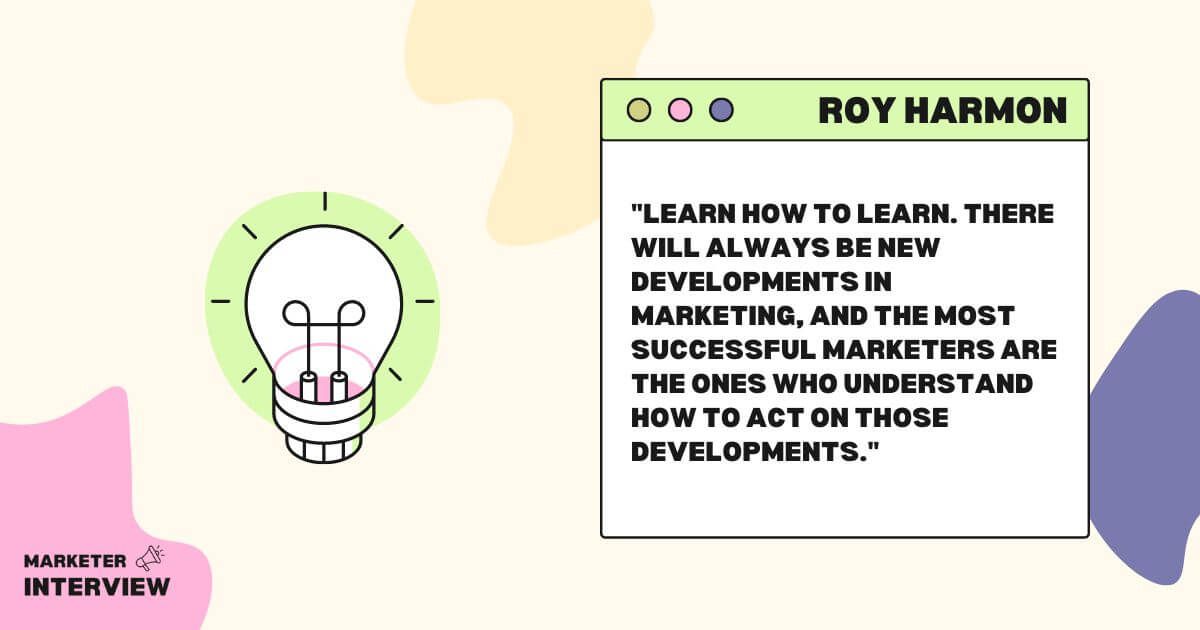
Finally, what advice would you give someone just starting in marketing, and what skills do you think are most important for success in this field?
Learn how to learn. There will always be new developments in marketing, and the most successful marketers are the ones who understand how to act on those developments.
